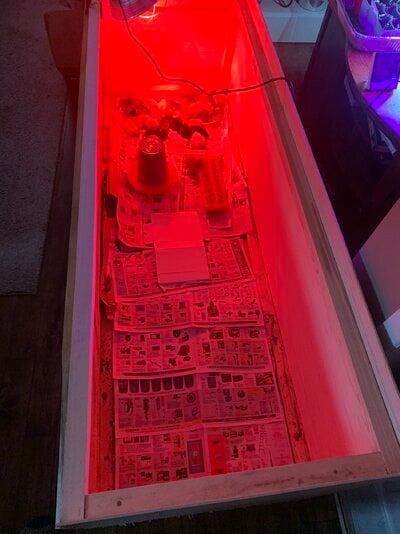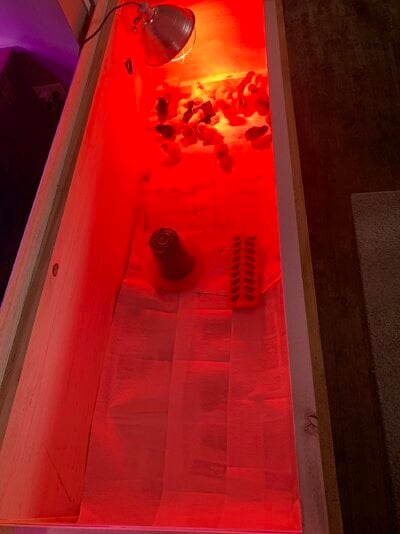- Feb 24, 2017
- 48
- 12
- 109
Hello all, I incubated local eggs and bought non-medicated chick starter for the chicks. They hatched 3 days ago and three have died so I started doing more research about the feed. I want to switch to medicated feed but I have this massive bag of non-medicated? Can I mix it? Or should I save the non-medicated for when they’re older? Thank you in advance.





